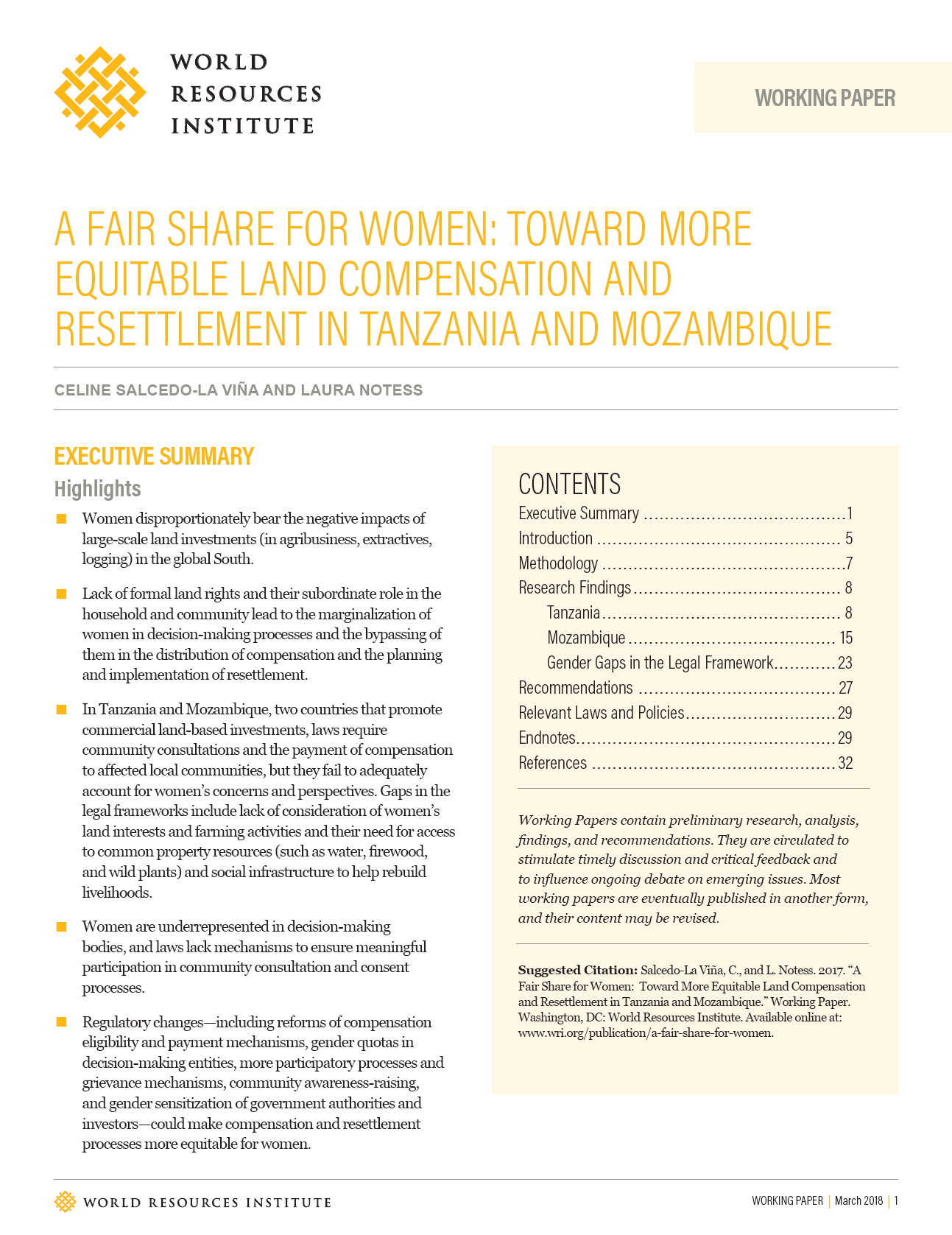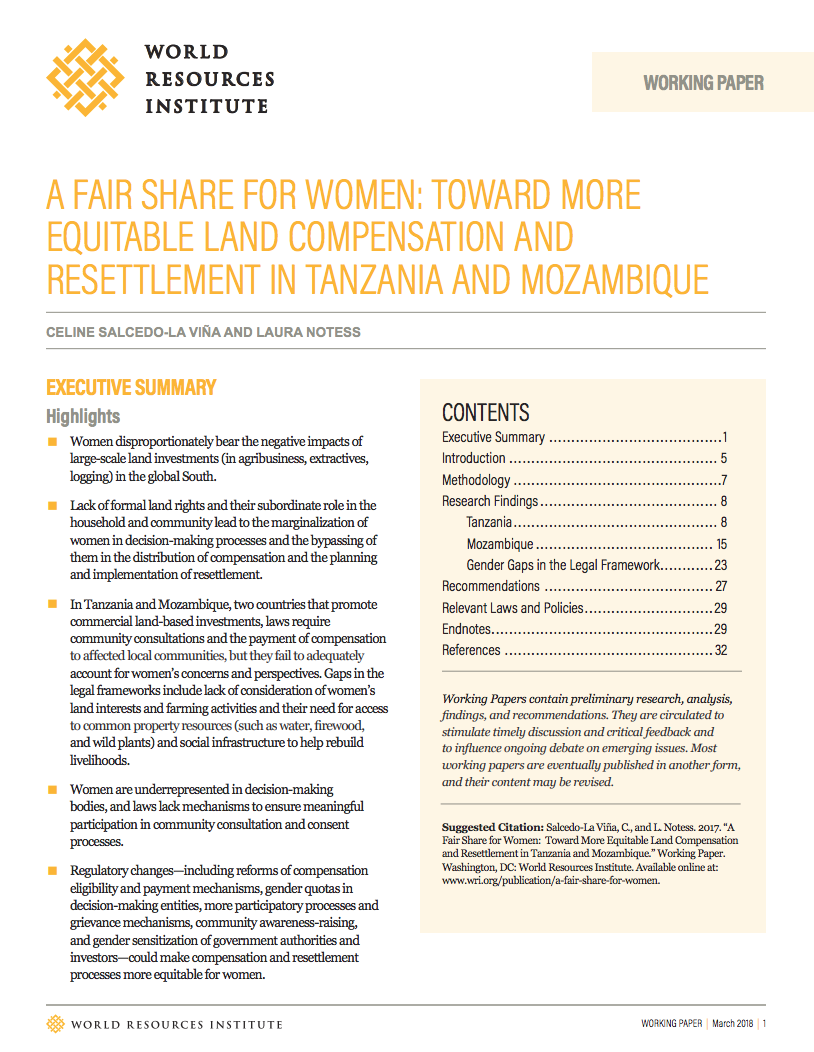Focal point
Location
World Resources Institute
The World Resources Institute is a global environmental think tank that goes beyond research to put ideas into action. We work with governments, companies, and civil society to build solutions to urgent environmental challenges. WRI’s transformative ideas protect the earth and promote development because sustainability is essential to meeting human needs and fulfilling human aspirations in the future.
WRI spurs progress by providing practical strategies for change and effective tools to implement them. We measure our success in the form of new policies, products, and practices that shift the ways governments work, companies operate, and people act.
We operate globally because today’s problems know no boundaries. We are avid communicators because people everywhere are inspired by ideas, empowered by knowledge, and moved to change by greater understanding. We provide innovative paths to a sustainable planet through work that is accurate, fair, and independent.
Resources
Displaying 26 - 30 of 94An evaluation of participatory rangeland management in Ethiopia: Its impact on land security and land use planning, rangeland governance and productivity
A Fair Share for Women: Toward More Equitable Land Compensation and Resettlement in Tanzania and Mozambique
Tanzania and Mozambique — countries of vast mountain ranges and open stretches of plateaus — now face a growing land problem. As soil degradation, climate change and population growth place enormous strains on the natural resources that sustain millions of people, multinational companies are also gunning for large swaths of land across both countries. Caught between these pressures, many poor, rural communities get displaced or decide to sell their collectively held land.
A Fair Share for Women: Toward More Equitable Land Compensation and Resettlement in Tanzania and Mozambique
Tanzania and Mozambique — countries of vast mountain ranges and open stretches of plateaus — now face a growing land problem. As soil degradation, climate change and population growth place enormous strains on the natural resources that sustain millions of people, multinational companies are also gunning for large swaths of land across both countries. Caught between these pressures, many poor, rural communities get displaced or decide to sell their collectively held land.
Kenya GIS Data
You can carry out your own analyses on poverty and ecosystem services with the GIS data made available, some of them being publicly released for the first time. All data are accompanied by metadata.
Roots of Prosperity. The Economics and Finance of Restoring Land
Almost one-quarter of the world’s land area has been degraded over the past 50 years because of soil erosion, salinization, peatland and wetland drainage, and forest degradation. The resulting damage, in terms of lost ecosystem goods and services, costs the world an estimated US$6.3 trillion a year. Almost a quarter of the world’s land area has been degraded over the past 50 years.
This is the result of soil erosion, salinization, peatland and wetland drainage, and forest degradation.









